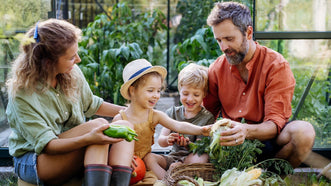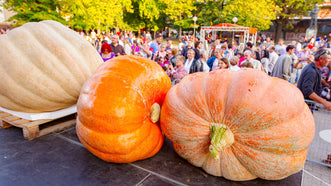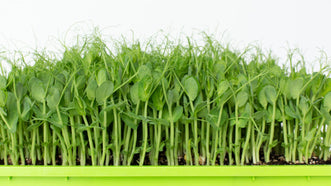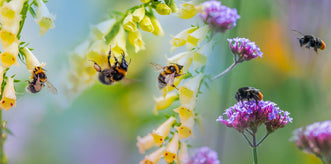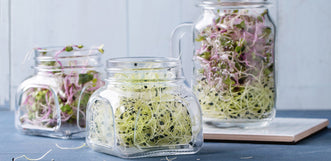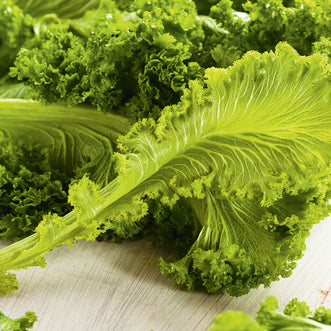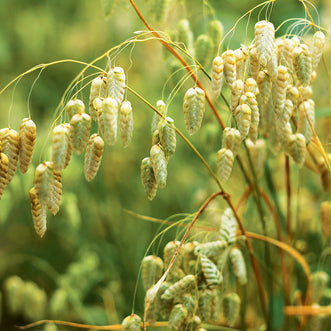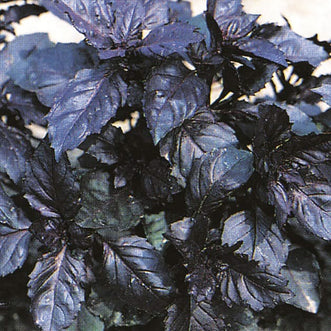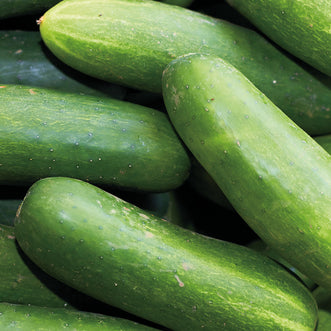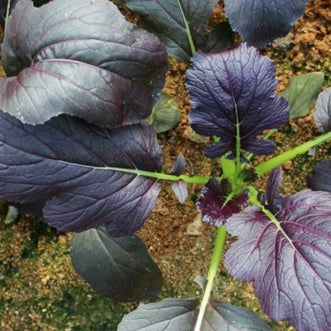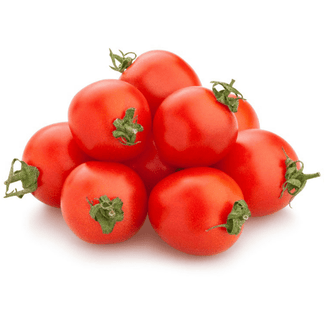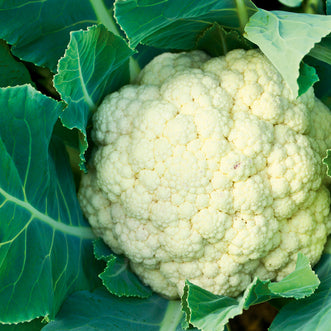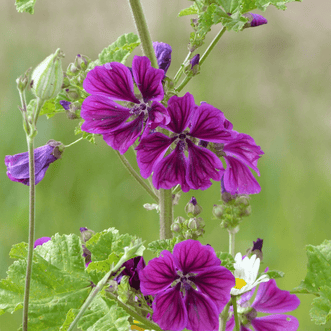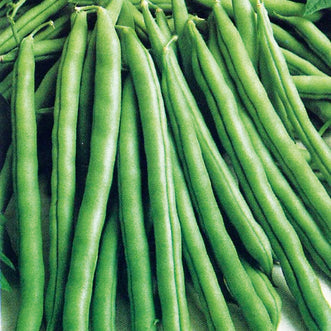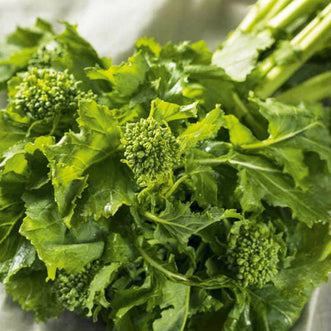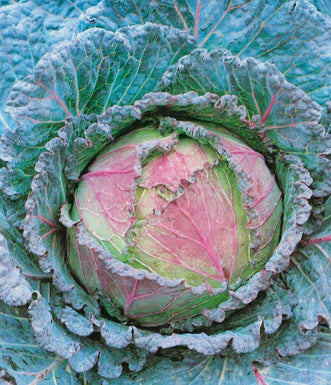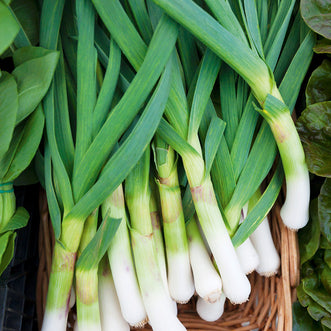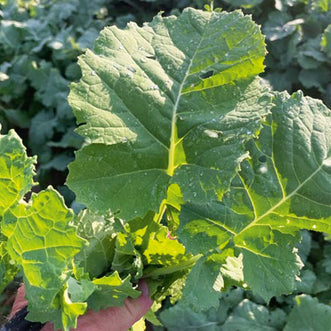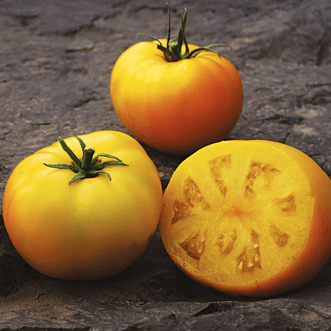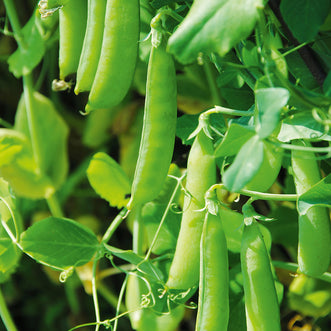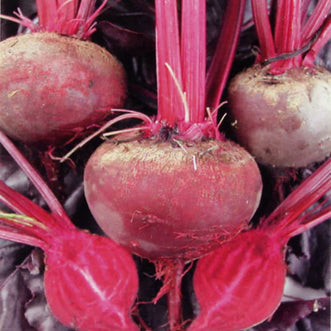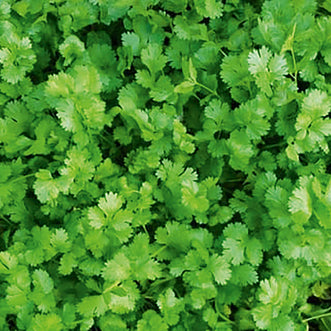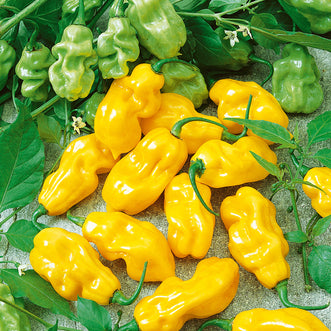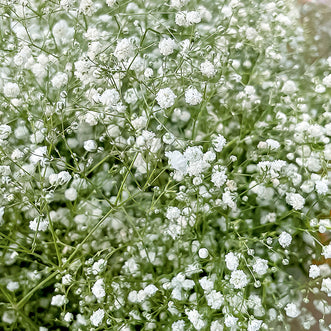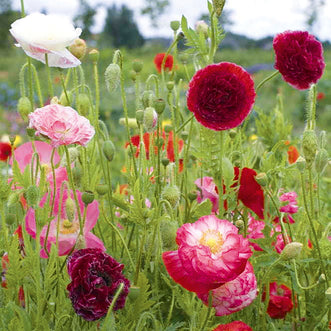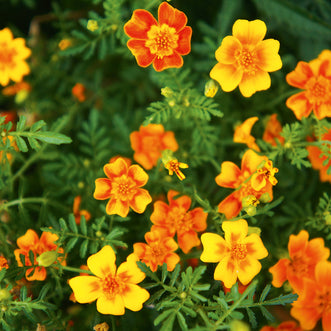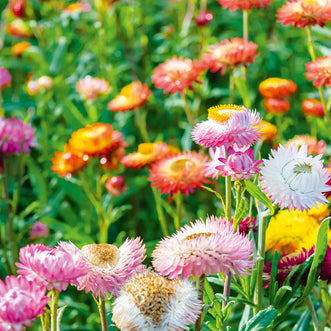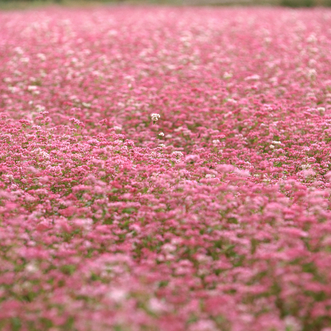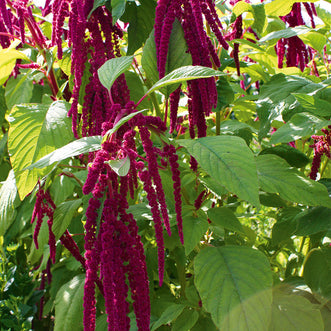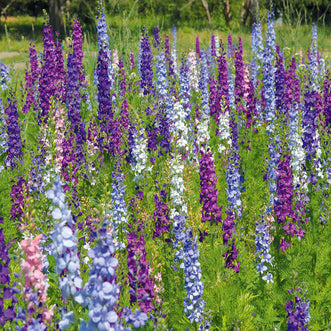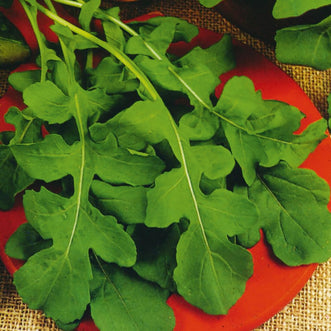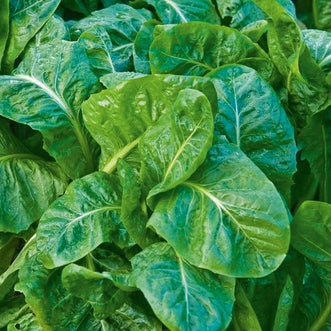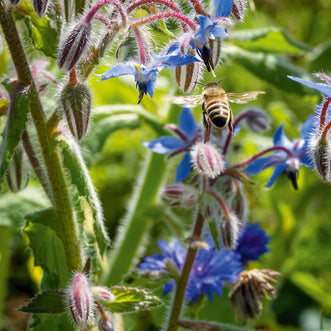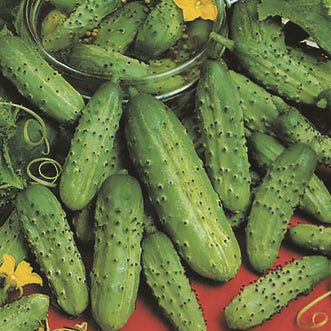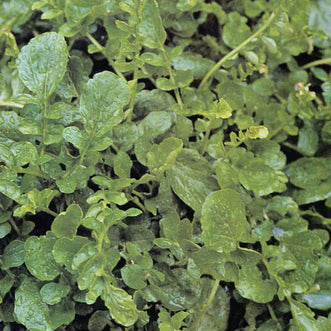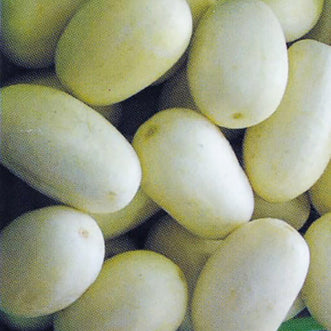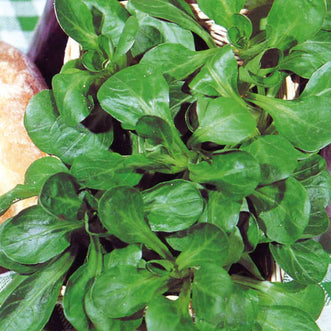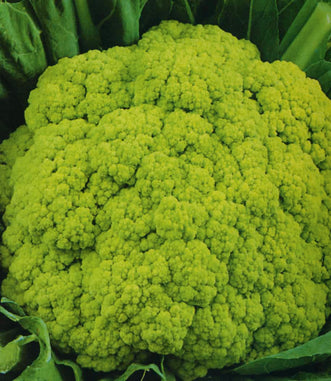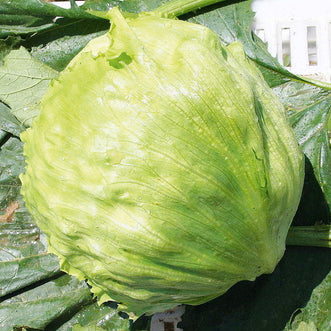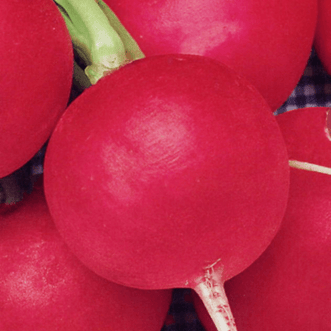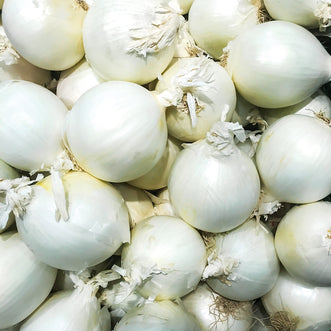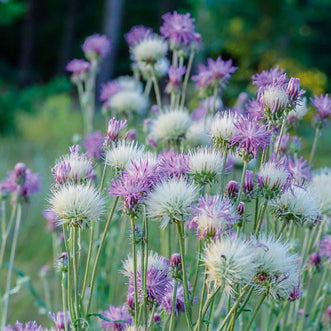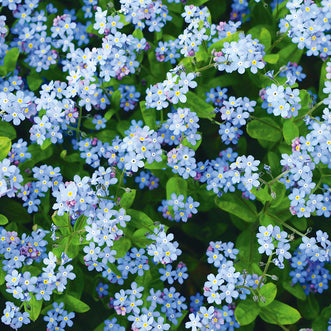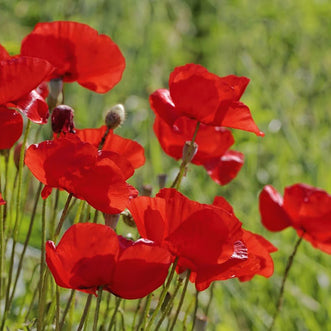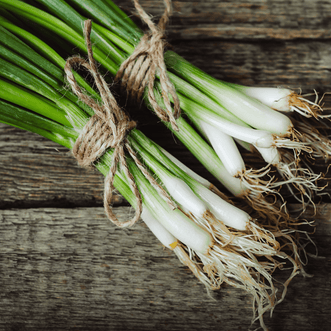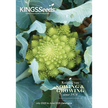Beginners Guide to Getting Gardening
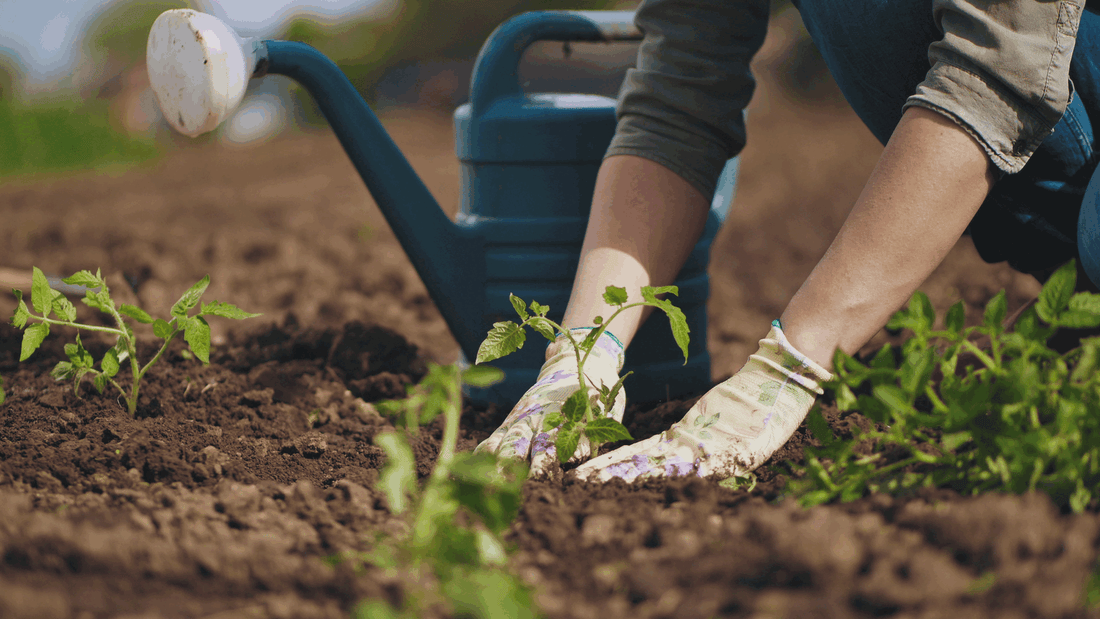
When I was a kid I was aware of the huge garden plot (from a child's vertically challenged point of view) that my Mum spent hours working in. Her dad was a great gardener and had passed his love of growing things and being outdoors down to his only daughter. In an attempt to pass on her knowledge, she would declare that it was gardening time and my sisters and I would have to go and weed and dig and get dirt in our fingernails. I was always the least enthusiastic (dirt under my nails remains a pet dislike) and therefore the least productive so eventually it became my job to make meals and clean the house while they were out enjoying the fresh air. I thought it was an okay deal and it probably contributed to the love for cooking I now have, but it meant I never learnt to garden. Over the years, Mum tried to get me enthused with each house I moved to, but inevitably she ended up being my unpaid gardener.
I would like to share some of the funny misconceptions that some of us beginner gardeners have, and what we learn during our gigantic learning curve, and remind all you keen gardeners about where you started.......
What do you mean you can't plant anything at any time of the year?
This was probably the biggest revelation for me - discovering that everything grows much better when planted at the right time of the year. Every day I hear the phrases, "sunshine hours", "night-time temperatures", "soil temperature", "days to germination" so I have a much better understanding now and my garden is a lot more productive. I still have a tendency to start things a bit late but I am lucky to have a sunny, well positioned garden in the lovely warm Bay of Plenty, which helps to alleviate some mistaken attempts at growing. An example is the mystery of lettuces going to seed during the heat of summer when we are eating lots of salad. Then I learnt that they don't like the heat and do much better if I can create a bit of shade. Bingo, summer greens when I need them. I still like to experiment with things and have discovered that I can pretty much grow sugar snap peas all year round in my garden.The soil needs food to grow food....
So just how many bags of compost and fertiliser do I really need to buy every year? The count is increasing as my garden gets a little bigger. I was overwhelmed by all the different products for feeding your plants but if you are not so versed in creating good compost, I reckon you can't go past the four bags for $20 specials that are always available. Apart from that, I tend to use liquid fertiliser for those booster shots required when plants are getting established. And replacing my seed-raising mix every year has proved to be good advice. I also have a bag of fertiliser for the citrus and a bag for my camellias. I tried Blood & Bone because it's a great all-rounder but I found that it is not so good if you have dogs who seem to treat it like doggy chocolate and go crazy trying to dig it out again. Making my own compost is on my list of things to try.Creating space or overcrowding....
I have a great tendency to sow far too many seeds due to my lack of awareness of the spacial requirements for all my veges and herbs. I refer to my garden as "The Crowd" because everything tends to grow shoulder to shoulder. I find thinning a scary chore as I seem to dislodge more seedlings than I am sure is good for abundance and growth but I am getting braver each season. I managed to grow my first crop of decent carrots this year, but I also managed to grow a lovely crop of borage that attracted the bees for pollination but created too much shade for my cucumbers and zucchini because I planted them around the outside edge of the vege garden. Win some, lose some - learnt for next time.
Lack of water....
I try - I really try - but my busy life means I don't always get out there to water, or I am rushing and don't water enough. Before I know it, I have seedlings that are sick and dry patches of leaves or dried offerings hanging from the netting. Tragic! I decided to invest in an automatic irrigation system that goes on the tap and was horrified at the price of them, but released the moths from my purse and now I don't have to think about it. Bliss!Choosing direct sow seeds.....
A trick I discovered all on my own was to choose seed that could be directly sown. I sat down with our catalogue and highlighted all the direct sow items and started from there. Each year I get a little braver and try germinating a few varieties for transplanting, but I have to admit that not being home during the day to nurture the seedlings means they get a bit weather beaten, so only the hardy stuff tends to survive. The best success I have had is with basil. It is my favourite in the garden, so that is a bonus.The easiest things to try first.....
There are probably loads of other varieties that can be added to this list, but these are the ones I have the most success with as a beginner - Mesclun, sugar snap peas, beans, basil, chives, celery for cutting, tomatoes (especially the cherry varieties), fennel, cucumbers and borage. I am hoping to be able to add to this list as I try new things - my current new varieties are leeks, bergamot and some other things that can't be identified until they grow because I forgot to label them.When did that weed grow?
Everyone seems to find weeding the least enjoyable part of gardening and I agree. I have no idea where all the weeds come from and how they get that big so fast. I try picking out the invaders whenever I am out in the garden in attempt to keep them under control but over winter my garden tends to nurture the weeds and I have to have a big weeding session early enough to prepare my soil for the Spring plants. This year I have executed a new plan...... I am watching my Kings Green Manure Mix (lupin, peas and oats) grow to lushness and not a weed in sight......yahoo. I will then cut it down and dig the garden over so it becomes instant food for the Spring plants so it works two-fold.Sharp tools.....
My garden tools would probably complain loudly that they are grossly mistreated and they would be right. When I get to use lovely new tools or someone else's well maintained ones (especially spades and secateurs), I am always amazed at the difference a sharp tool makes. Still, I do at least wash them off these days so we'll call that progress.Providing a feast for the birds and slithering things.....
Why is it that when we are planting new seeds or seedlings, the birds are particularly hungry and are looking for food? They are seriously adept at finding those tiny spikes of green popping up from the soil and helping themselves. I now have some fantastic wire covers that my step-dad made for me and they give all my seedlings a great start by fending off the birds. But then there are the slithering things that wreak just as much havoc in one night and I have tried a few things to deal with them, like coffee grinds, eggshells and lids of beer. I keep reverting to the slug pellets. I am about to try a new product from the Green Goddess website so I can be a bit closer to organic.Keeping my packets of seed dry....
Why is it that when I am handling my packets of seed, everything seems to be wet, my hands and my gloves and the surface on which I want to put the packets. I know I can't store the unused seeds if they have any moisture anywhere near them, so I end up sowing more than required. (refer to paragraph above about overcrowding).Botanical names....
These are another language and try as I might, I fail dismally to retain very many in my grey matter. The ones that refer to several varieties like 'cucurbita' (that's pumpkin, squash, zucchini for the beginners reading this) not only tie my tongue in a knot but get me all mixed up with the similar names like 'cucumis' (melon, cucumber). I'll keep trying.
Whether your garden area is big or small, experience is everything when it comes to gardening. It's a matter of just committing to the preparation and planting and learning what works and doing the odd bit of reading when totally perplexed. (Google or the book 'Yates Gardening Guide' is perfect for beginners.) I admit that I am very fortunate to have access to as many varieties of seed as I do, so the mistakes are more forgivable. As you can see from the above photo, I have thrown lots of blue lupin seeds into my Camellia gardens to minimise the weeding until I can plant a few flowers in spring. Its working and I am thrilled with my experiment. I am also very fortunate to be surrounded by colleagues and customers who are always willing to share their experiences. The fact that we are encouraged to grow and learn so we can talk knowledgeably with you all is a wonderful gift that I treasure every day.

